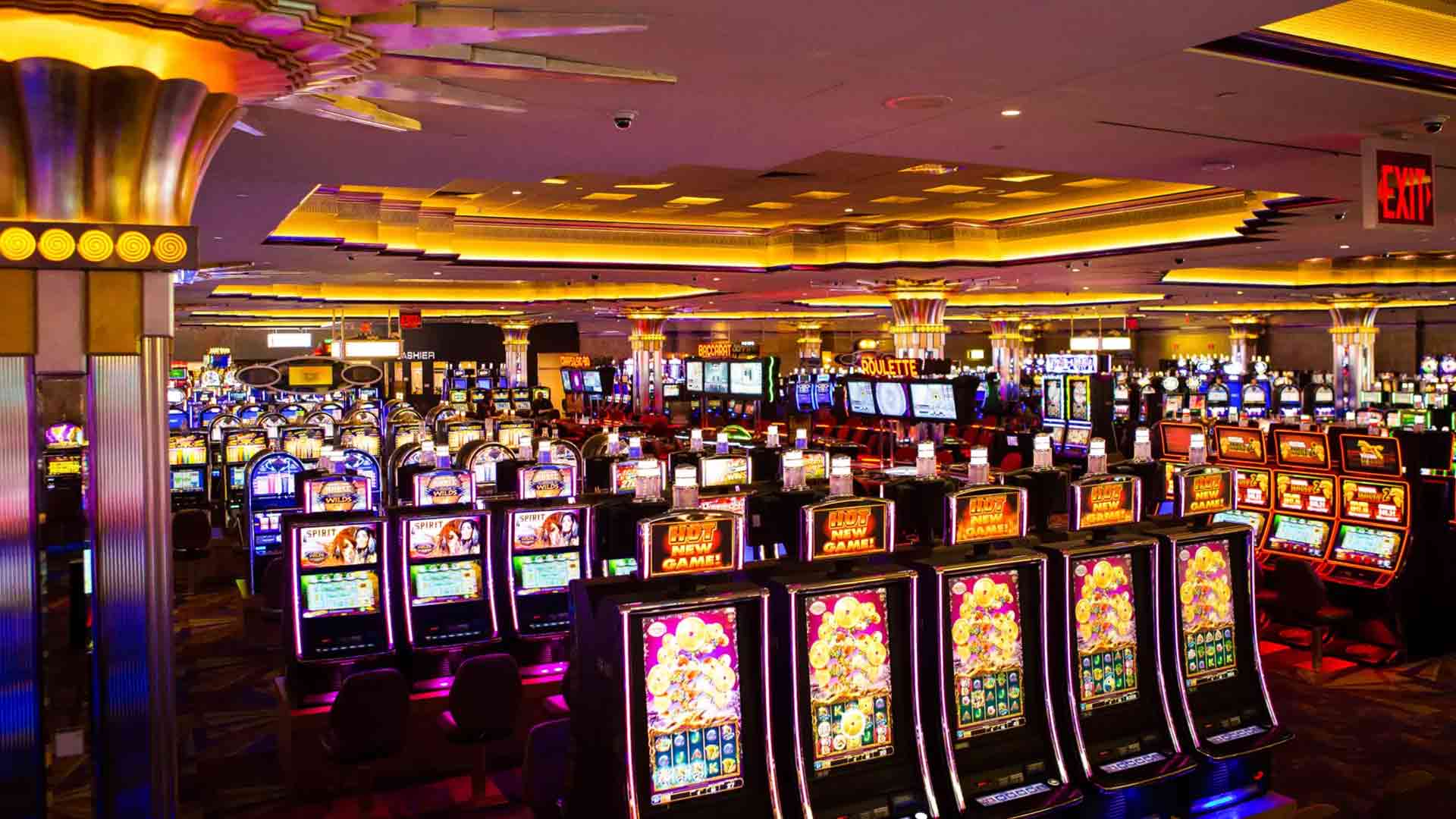How Slots Mirror Human Psychology

How Slots Mirror Human Psychology
The allure of slot machines extends far beyond the flashing lights and jingling coins. At their core, these ubiquitous casino games are masterfully designed to tap into fundamental aspects of human psychology, creating an experience that is both captivating and, at times, psychologically complex. Understanding this deep connection can shed light on why slots are so enduringly popular and how they subtly influence our decision-making processes.
One of the most powerful psychological principles at play is the concept of intermittent reinforcement. Unlike a fixed-schedule reward, where a payout occurs after a predictable number of plays, slot machines operate on a variable ratio schedule. This means that wins can come at any time, with no discernible pattern. This unpredictability is incredibly potent. It keeps players engaged, hoping that the next spin will be the one that triggers a significant reward. This same psychological mechanism is often observed in other addictive behaviors, such as gambling or even social media notifications, where the anticipation of a potential reward keeps us coming back for more.
The illusion of control is another key psychological element. While slot machines are entirely based on random number generators (RNGs), players often develop their own rituals or superstitions to try and influence the outcome. This could involve the way they press the button, the specific timing of their spins, or even wearing a “lucky” shirt. These behaviors, while irrational from a purely probabilistic standpoint, provide a sense of agency and control in an otherwise random environment. The feeling of being an active participant, rather than a passive observer, makes the experience more engaging and can prolong playtime.
Furthermore, slots leverage the power of near misses. When a player narrowly misses a winning combination – perhaps having two of the three required symbols align – it can create a powerful psychological effect. Instead of discouraging the player, a near miss often intensifies their desire to play again, reinforcing the belief that a win is just around the corner. This reinforces the intermittent reinforcement principle, as it creates a strong emotional response that fuels continued play. The brain interprets a near miss as a sign of impending success, even though statistically, it's just another random outcome.
The associative learning that occurs with slot machines is also remarkable. Players quickly learn to associate specific visual cues (like a jackpot symbol appearing) and auditory cues (the distinctive sound of a win) with positive reinforcement. Over time, these associations become ingrained, making the act of playing and experiencing these cues highly rewarding in themselves, independent of the actual monetary outcome. The anticipation of these familiar signals can be enough to trigger a dopamine release, creating a pleasurable sensation that encourages further engagement. For those looking for exciting online gaming experiences, platforms like m88.com sport offer a wide array of engaging options that tap into these very same psychological drivers.
The sunk cost fallacy also plays a role. Once a player has invested a certain amount of time and money into playing slots, they may feel compelled to continue playing to "recoup" their losses or to try and justify the initial investment. This cognitive bias leads individuals to continue pursuing a course of action that is no longer rational, simply because they have already committed resources to it. The hope that a big win will eventually offset previous losses can be a powerful motivator, even when the odds are stacked against them.
Finally, the gamification of money is at the heart of slot machine design. By transforming the act of gambling into a game with clear objectives, visual feedback, and varying levels of excitement, slots make the process of risking money more palatable and engaging. The abstract nature of digital currency and the immediate gratification of seeing numbers change on a screen can obscure the real-world value of the money being wagered, further contributing to the immersive and captivating nature of the experience.
In conclusion, slot machines are not merely games of chance; they are sophisticated psychological tools. By skillfully employing principles of reinforcement, illusion of control, associative learning, and the gamification of finance, slot machines create an environment that is compelling, exciting, and deeply intertwined with the way our brains process rewards and make decisions. This understanding is crucial for both players seeking to be more mindful of their gaming habits and for designers aiming to create engaging, yet responsible, entertainment experiences.
```